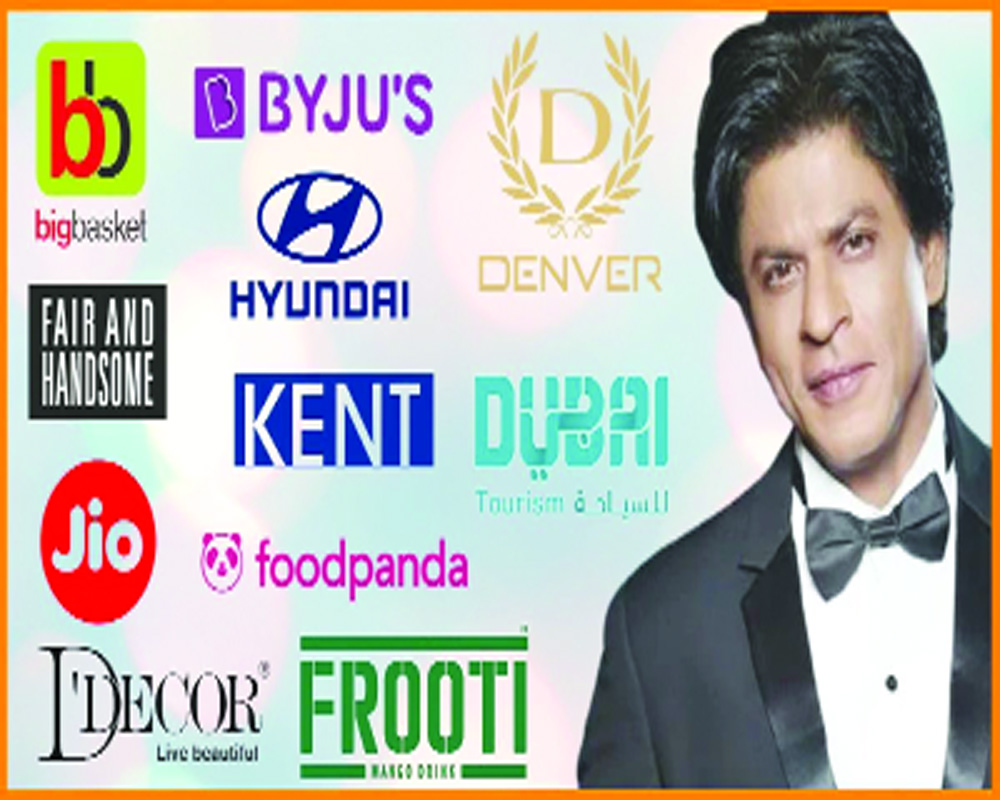While famous faces lend instant appeal, the question arises: Have we lost the human touch that made ads meaningful
In the early days of advertising, brands leaned heavily on compelling stories and memorable taglines to forge deep emotional connections with consumers. Think of the Hutch ad with the loyal dog faithfully following a boy, Cadbury Dairy Milk's joyous dancer celebrating in a stadium, or Surf Excel's "Daag Ache Hain" campaign.
These weren't just commercials; they became cultural touchstones that left lasting impressions on how we remember those brands. Brands like Hutch and Airtel built their reputations on narrative-driven ads without relying on celebrities, focusing on themes like reliability, friendship and joy. The success of these campaigns lay in making the story the hero and seamlessly integrating the product into narratives that resonated deeply with audiences. However, there's been a noticeable shift toward extensive celebrity endorsements, with famous faces promoting everything from luxury cars to everyday appliances. This raises the question: Has the art of storytelling been overshadowed by the allure of celebrity charisma? Yet, some celebrity-driven ads have managed to maintain that emotional connection through powerful narratives. Amitabh Bachchan's association with "Kaun Banega Crorepati (KBC)" is a prime example.
The show's branding isn't just about a game show; it's about dreams, aspirations, and life-changing moments for ordinary people. Similarly, Shah Rukh Khan's long-standing partnership with Hyundai has produced ads that go beyond showcasing cars. The recent Hyundai Samarth initiative highlights inclusivity and empowerment for people with disabilities. In these ads, Shah Rukh Khan doesn't just endorse a product; he becomes part of a narrative that promotes positive social values, resonating deeply with audiences.
These campaigns succeeded not merely because they featured a celebrity but because they tapped into universal emotions and values that consumers could relate to. The story remained the hero, and the celebrity enhanced the narrative without overshadowing it. It was advertising at its purest-focused on connection and meaning.
From Bollywood actors endorsing financial products like mutual funds to cricketers promoting real estate or soft drinks, celebrity endorsements have become penetrative. MS Dhoni's involvement in mutual fund advertisements is a prime example of this. His trustworthiness, especially in tier 2 and tier 3 cities, has made financial products seem more approachable and credible to audiences that might otherwise be skeptical. Similarly, big-name stars in paan masala ads, while controversial, have undeniably increased the visibility and sales of these products.
But why has there been such a shift toward celebrity-centric advertising? Several factors contribute to this trend. In an age of fragmented attention spans, grabbing consumer attention has become more challenging, and celebrities provide an instant hook.
Their recognisable faces and star power can make a product stand out in a crowded media space. Celebrities also embody trust and credibility; consumers often associate a celebrity's success with the quality of the product they endorse, especially where trust in unfamiliar brands may be lacking. The rise of social media has transformed celebrities into influencers with massive followings, and brands tap into these personal connections to reach audiences. As brands expand globally, they use celebrities with international appeal to reach wider, more diverse markets.
While celebrities can help create buzz, technology-particularly Artificial Intelligence (AI)-also plays a significant role in shaping modern advertising strategies. AI algorithms analyse consumer behaviour, preferences, and trends, helping brands create highly personalised and targeted campaigns. However, this data-driven approach can sometimes lead to formulaic ads that prioritise metrics over creativity, risking the loss of the human touch that makes storytelling so powerful.
The rise of social media influencers has introduced a new dynamic to endorsements. Unlike traditional celebrities, influencers often have niche audiences and engage with them on a more personal level. Their brand value lies in relatability and authenticity, which can feel more genuine compared to the polished image of mainstream celebrities. Brands now balance using high-profile celebrities for mass appeal with influencers for targeted, authentic engagement, understanding that while star power is influential, content and genuine connections with consumers still matter deeply.
(The writer is former additional DG, DFF and festival director, IFFI. Inputs provided by Zoya Ahmad and Vaishnavie Srinivasan; Views are personal)




















